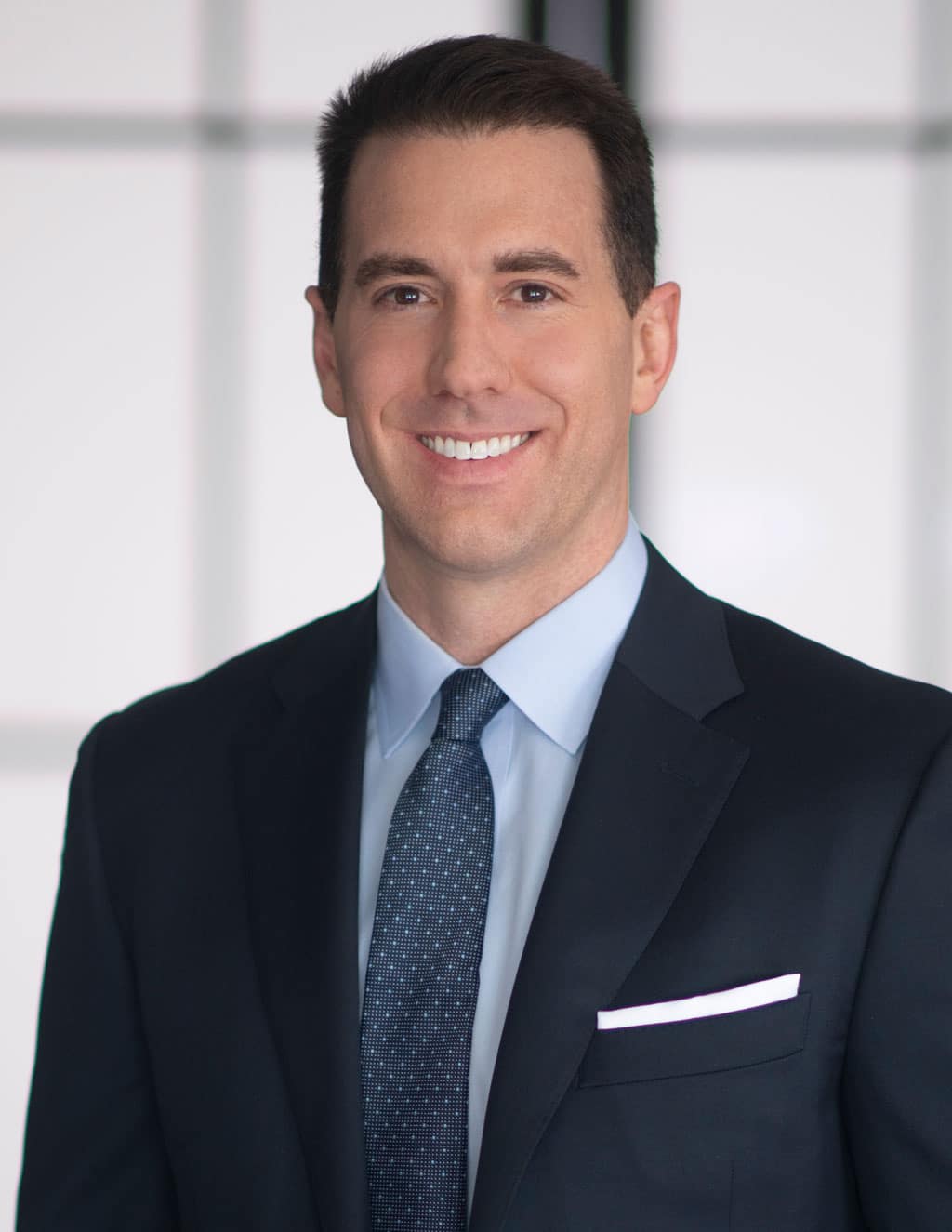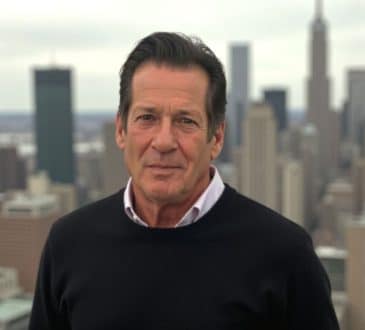Q&A with Lawyer Chris Jackman: Insights from a Legal Career Built on Empathy and Justice

Chris Jackman is an accomplished attorney and the founder of The Jackman Law Firm, headquartered in Seattle, Washington, with additional offices in Denver, Houston, and Bellevue. Originally from Dallas, Texas, Chris pursued his education at Texas A&M University, earned a Master’s degree at the University of Wisconsin, and completed his Juris Doctor at Creighton University School of Law, where he served on the law review and clerked for a federal judge.
Specializing in personal injury, mass torts, sex abuse, and immigration law, Chris has dedicated his career to advocating for individuals facing significant challenges. Since founding his firm in 2014, he has secured nearly $50 million in settlements, demonstrating his commitment to justice and client-centered representation.
Chris’s approach to law emphasizes empathy, transparency, and meticulous preparation. Recognized as a Super Lawyer and a member of the Million Dollar Advocates Forum, he is celebrated for his professionalism and dedication. Beyond his legal practice, Chris is deeply involved in philanthropy, offering scholarships to students overcoming hardships and providing pro bono services.
In his personal life, Chris Jackman enjoys tennis, scuba diving, and spending time with his family. Balancing a thriving career with a commitment to community, Chris Jackman exemplifies the values of integrity, resilience, and service.
What inspired you to specialize in personal injury and mass torts law?
Early in my career, I realized that personal injury law allows you to make a tangible impact on people’s lives. Many of my clients have faced life-altering situations—whether it’s a debilitating injury or trauma caused by negligence. I wanted to be the person who helps them navigate the complexities of the legal system and secure the justice they deserve. Mass torts intrigued me because they often involve holding powerful entities accountable, which felt like a natural extension of my desire to advocate for the underrepresented.
How do you approach emotionally charged cases, such as those involving sex abuse or wrongful death?
These cases are among the most challenging but also the most rewarding. My approach starts with listening—really listening. Clients in these situations often feel unheard or dismissed, so it’s crucial to give them space to share their story. From there, I build a case strategy that balances empathy with meticulous preparation. While the emotional weight of these cases can be heavy, I remind myself that my role is to provide strength and clarity for my clients.
How do you stay informed about evolving legal trends and legislative changes?
The law is a constantly evolving field, and staying informed is essential. I read extensively—legal journals, case law updates, and industry publications. I also attend legal seminars and participate in professional networks. Connecting with other attorneys helps me stay ahead of emerging trends and develop creative strategies for my clients. I believe continuous learning is a cornerstone of effective legal practice.
What is your process for building trust with your clients?
Trust starts with transparency. I’m honest about the strengths and weaknesses of a case and set realistic expectations from the beginning. Regular communication is another key element—I make sure clients know they can reach out to me with questions or concerns. I also share updates frequently, even if there’s no major development, so they know I’m actively working on their case. Finally, I treat every client as an individual. Building a relationship on mutual respect and understanding is crucial.
What has been the most rewarding case you’ve worked on, and why?
One case that stands out involved a client who had been injured in a workplace accident. The insurance company had offered a settlement that barely covered their medical bills, let alone the long-term financial impact. We took the case to trial and secured a verdict that not only provided financial relief but also affirmed my client’s dignity. Seeing the relief on their face after the decision reminded me why I chose this profession.
How do you maintain a healthy work-life balance in such a demanding career?
It’s a daily effort, but I’ve found a rhythm that works for me. I prioritize spending time with my family and make sure to schedule breaks for activities I enjoy, like tennis or scuba diving. I also write down my goals regularly—both professional and personal—and review them to ensure I’m not neglecting one area of my life. Balance doesn’t mean equal time; it’s about being fully present in whatever you’re doing, whether it’s work or personal life.
What advice would you give to young lawyers starting their careers?
First, be patient. Success in law doesn’t happen overnight—it’s a marathon, not a sprint. Second, find a niche that aligns with your values. When you’re passionate about your work, the long hours feel less like a grind. Finally, build relationships. Whether it’s with mentors, colleagues, or clients, the connections you make will shape your career. And don’t be afraid to ask for help—there’s no substitute for learning from others’ experiences.
How has your approach to leadership evolved as your firm has grown?
When I first started my firm, I was involved in every detail. As we’ve expanded, I’ve learned the importance of delegation and trust. I focus on hiring talented, compassionate people who share my vision and empower them to take ownership of their roles. Leadership, for me, is about setting a clear direction and providing the resources and support my team needs to succeed. I also make a point to stay accessible—it’s important that my team feels they can come to me with ideas or concerns.
How do you handle setbacks, whether in court or in business?
Setbacks are inevitable, but they’re also opportunities to learn. When I lose a case or face a challenge in business, I take time to reflect on what went wrong and what I can improve. I also lean on my support system—whether it’s my family, my team, or mentors I trust. Resilience is about perspective; every setback is just one chapter in a larger story, and I try to focus on what’s next rather than dwelling on the past.
What do you hope to achieve in the next decade of your career?
My ultimate goal is to expand The Jackman Law Firm nationally while maintaining the personal touch that sets us apart. I also want to continue advocating for systemic change in areas like workplace safety and victim rights. On a personal level, I’d like to mentor more young attorneys and contribute to the next generation of legal professionals. Success for me is about leaving a positive legacy—both in the lives of my clients and in the legal community as a whole.
Have you read?
Most Powerful Currencies In The World.
The world’s largest cities by population.
Most Innovative Countries in the World.
Countries by Average Wealth per Person.
Bring the best of the CEOWORLD magazine's global journalism to audiences in the United States and around the world. - Add CEOWORLD magazine to your Google News feed.
Follow CEOWORLD magazine headlines on: Google News, LinkedIn, Twitter, and Facebook.
Copyright 2025 The CEOWORLD magazine. All rights reserved. This material (and any extract from it) must not be copied, redistributed or placed on any website, without CEOWORLD magazine' prior written consent. For media queries, please contact: info@ceoworld.biz








